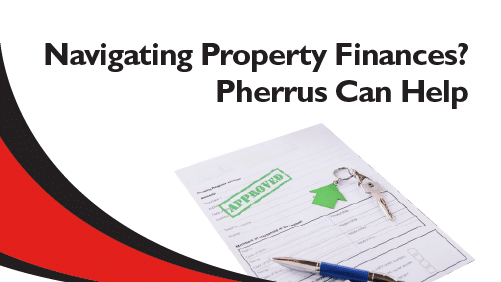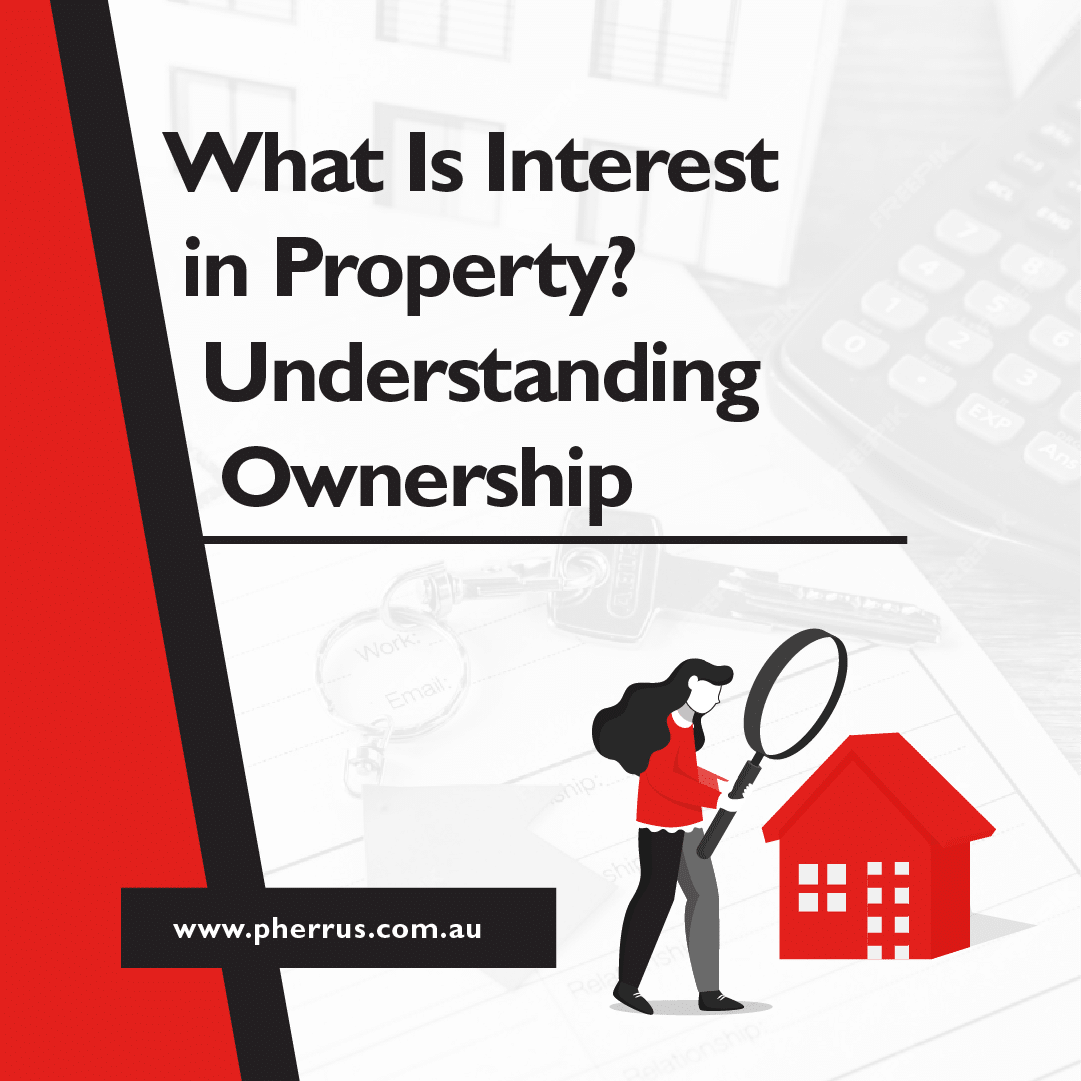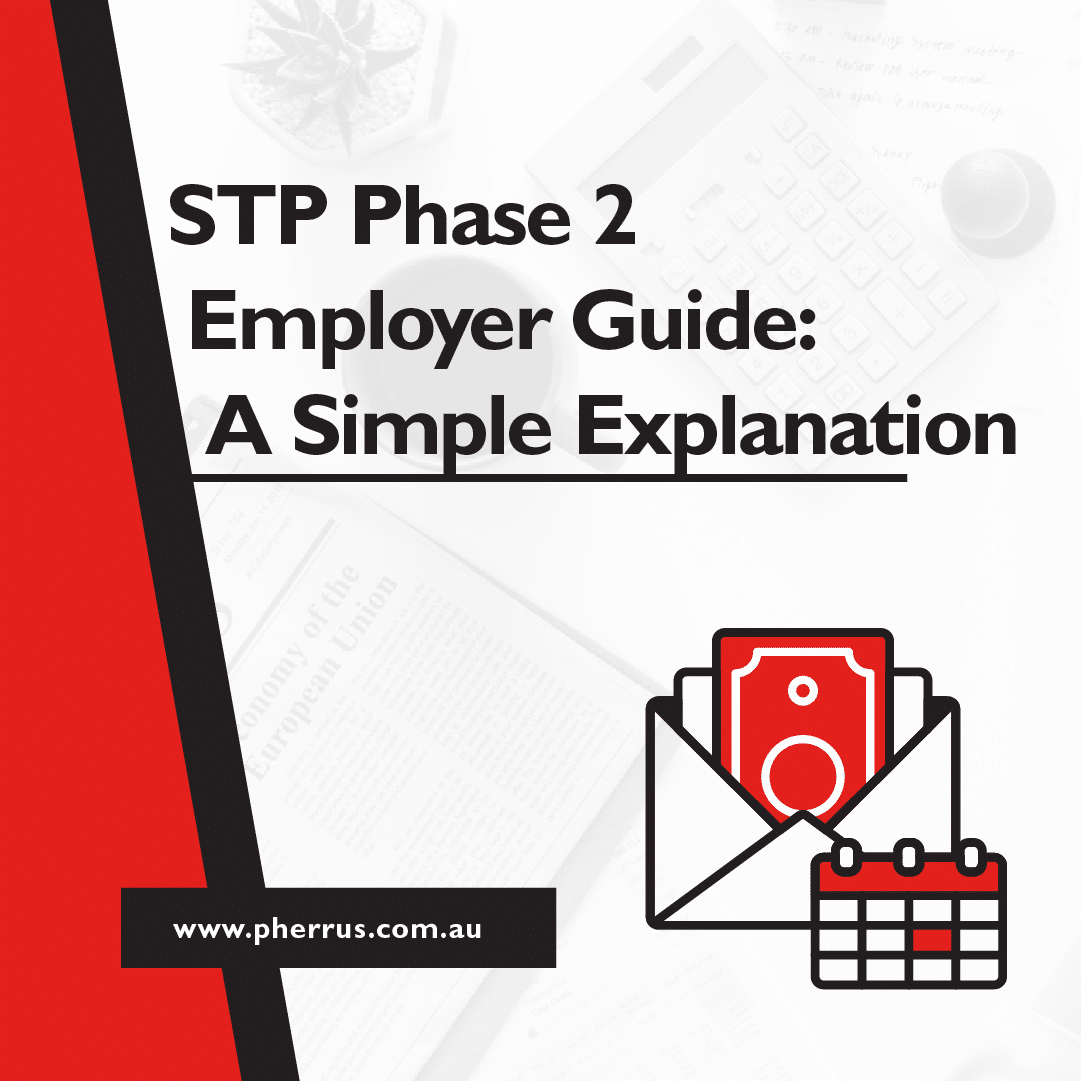Imagine pouring your savings into your dream home, only to discover you don’t have the right to make the changes you want.
Or worse, facing an unexpected legal battle over something as minor as a shared fence.
Understanding property interests is your first line of defence against these nightmares.
When it comes to property in Australia, there’s more to ownership than just having your name on the title.
There are many types of property interests, each with its own set of rights and responsibilities.
But exactly what is interest in property, and how does it affect you as a property owner or investor?
Read on as we break down the different types of interests in property, explaining each in simple terms.
We’ll also explore the importance of understanding property interests when buying, selling, or leasing property in Australia.

Understanding Property Ownership
When you own a property, you have a legal title to that property, which gives you certain rights and responsibilities.
These rights can include the right to occupy, use, and sell the property, as well as the right to make changes to the property.
However, property ownership can be more complex than just having a legal title.
There may be other parties who have an interest in the property, such as lenders or tenants.
Understanding these interests is pivotal to making sure that your rights and responsibilities are protected.

Common Types of Interests
Freehold Interest: Own It Outright
This is the most straightforward form of ownership.
It’s what most people think of when they buy a house or unit.
With a freehold interest, you have absolute legal title to the real estate.
You can live there, rent it out, sell it, or even knock it down and rebuild – it’s entirely up to you.
Of course, you’re also responsible for all maintenance and property taxes.
- Example: David purchases an apartment in Melbourne. He holds the freehold interest, meaning he has complete control over the property and can do with it as he pleases.
Leasehold Interest: Renting in Australia
This is essentially renting.
You have the right to use the property for a set period (the lease term), but you don’t own it outright.
The landlord, who holds the property title, still has ultimate legal ownership rights.
- Example: Emily rents a flat in Brisbane. She has a leasehold interest, which allows her to live in the property for the duration of her lease agreement, but she cannot make major changes without the landlord’s permission.
Security Interests: Your Home as a Financial Asset
This usually comes into play with mortgages.
When you borrow money to buy real estate, the lender has a security interest in the property.
This means if you don’t repay the loan, they can take possession of the property.
- Example: Michael takes out a mortgage to buy a house in Perth. The bank holds a security interest in the property until Michael fully repays the loan.
Beneficial Interests: Trusts
Think of trusts. The trustee might hold the legal title to the property, but someone else (the beneficiary) has the right to benefit from it, like receiving rental income or eventually inheriting it.
- Example: A family trust owns a holiday home on the Gold Coast. The trust’s beneficiaries have a beneficial interest in the property, meaning they can enjoy using the home for vacations.
Easements: Shared Property Access
This is a right to use someone else’s land for a specific purpose.
A common example is a shared driveway.
Easements are attached to the property title, so even if the property is sold, the easement remains in effect.
- Example: Two neighbouring properties in Adelaide share a driveway. An easement is registered on both titles, granting each owner the right to use the shared driveway for access.
Covenants: The Rules of Property Ownership
These are rules or restrictions on how you can use your property.
They might dictate things like building height, the type of fence you can have, or even whether you can keep pets. Covenants are also legally binding on current and future owners.
- Example: A housing development in Canberra has a covenant restricting the height of fences to 1.8 meters to maintain a consistent aesthetic throughout the neighbourhood.
Native Title: Indigenous Land Rights
This is a special type of ownership rights recognised under Australian law for Indigenous Australians.
It’s based on traditional laws and customs and can grant rights to ancestral lands.
- Example: The Yorta Yorta people have native title over certain lands in Victoria, allowing them to fish, hunt, and gather on those lands.
Joint Ownership: Different Ways To Share a Home
This is when two or more people share ownership of a property.
The most common types are joint tenancy (equal shares) and tenancy in common (potentially unequal shares).
- Example: A married couple in Sydney owns their house as joint tenants, meaning they each have a 50% share in the property.

How Property Interests Affect You
The type of interest you have in a property affects your rights and responsibilities as a property owner or investor.
Also, when you’re buying or selling property in Australia, understanding the specific property interests plays a big part in the buying and selling process. Here’s why:
- Buying Property
-
- Knowing your rights: Make sure you’re getting the full ownership rights you expect, whether it’s freehold or leasehold.
- Hidden liabilities: Be aware of any easements or covenants attached to the property that could restrict its use or add financial obligations.
- Selling Property
-
- Maximising value: Clearly define the type of interest you’re selling to attract the right buyers and get the best possible price.
- Legal compliance: Disclose all existing interests to potential buyers to avoid legal complications.

Navigating Property Finances? Pherrus Can Help
Feeling lost in the maze of property interests? Still wondering, “What is interest in property?” Let’s chat!
Our team of expert accountants and financial advisors can help you traverse the world of property finances, from tax planning to investment strategies.
Contact us today to learn more about how we can help you achieve your financial goals.
Fill out our online form today or call (02) 9099 9109 to book an appointment with one of our tax consultants at our Bella Vista office in Sydney, NSW.





